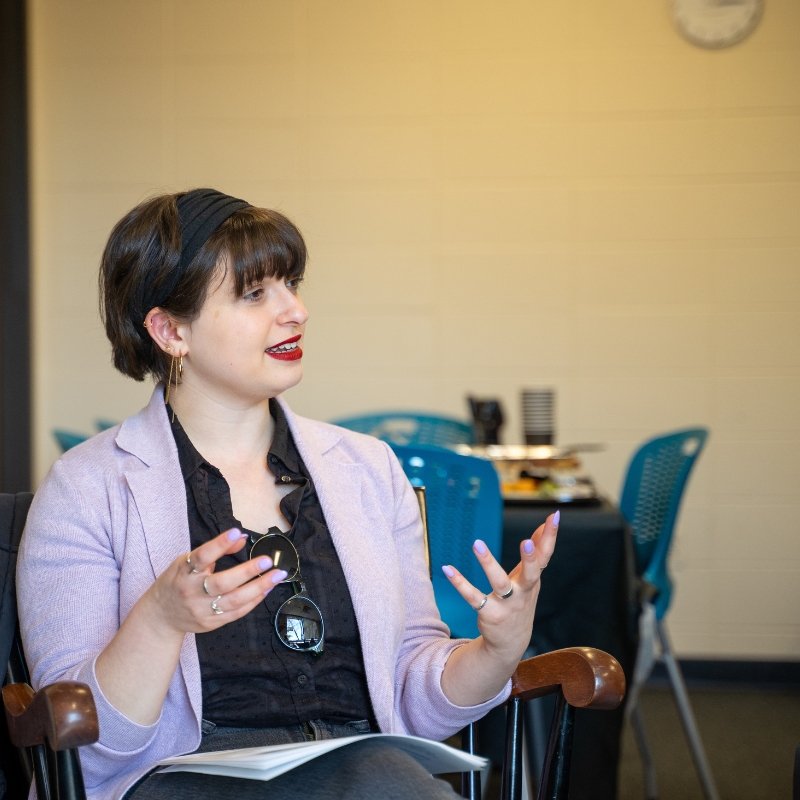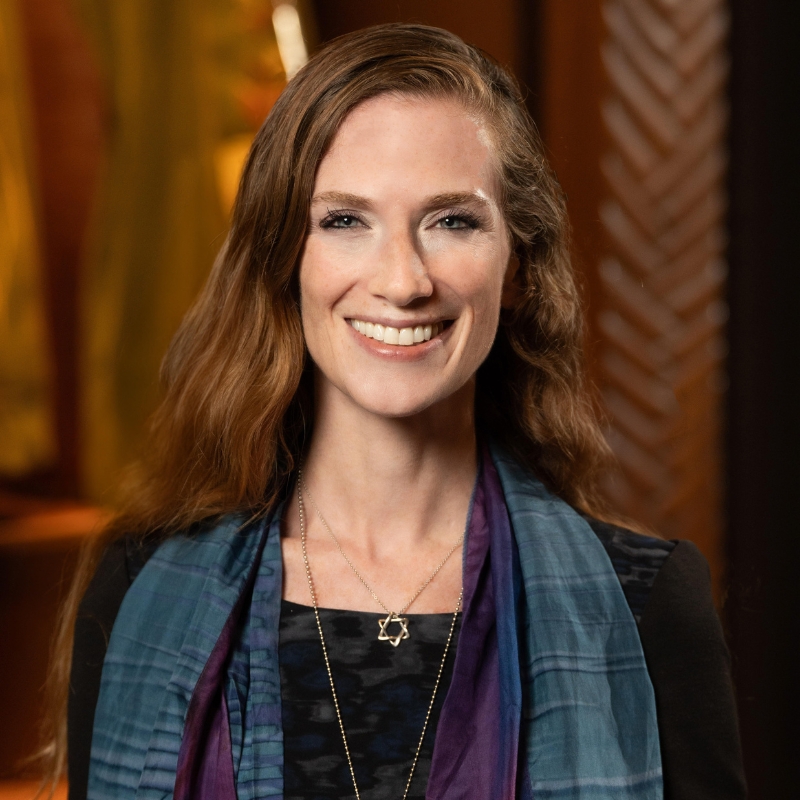(M)oral Torah

Vayishlach: Wrestling with God: The Identity of Am Yisrael
In this moment, when our communities carry fear, grief, and uncertainty, the identity of wrestling feels especially urgent. Wrestling is a powerful metaphor for faith. It means to hold on — even when understanding feels out of reach.
more

Vayetze: Remembering Jacob outside Home Depot
Laban is happy to use Jacob as a worker and use his own children as tools to extract more value from Jacob, all while telling himself a comforting narrative that he is just doing what is right in his country.
more

Toldot: Good Rebuke Interrupts Bad Cycles
Refusing to abandon each other means being willing to push one another and to be pushed. It requires the bravery and softness of revealing our hurt and our anger, and being open to receiving the hurt and anger of others.
more

Chayei Sara: Raise your Voice for Justice
We’re connected to each other in surprising ways, even during this time of disruption and loss.
more

Vayera: From Sarah’s Story to Ours: Fertility, Choice, and Agency in Torah
The other side of the religious voice on reproductive health issues is clear: It’s a woman’s choice, her life comes first, and we should do all we can to honor her as the living image of God.
more

Lech Lecha: A Wide Open Tent
If the tent, our home, is truly open on all sides, there is an understanding that each person is continuing onward on a different journey. Our Torah is blessing us to be just as supportive in saying goodbye as we are in saying hello.
more

Noach: Who Is Righteous?
What does it mean to be righteous or blameless? In a time of rampant corruption and injustice, surely [obeying God] was not enough. Surely, the times called for more than being a good person and quietly following God’s ways.
more

Bereshit: The Boundless Breadth of Dreams
No creation is possible without first stepping back and creating room for the infinite breadth of everything it could be.
more

Sukkot: Building Housing in God’s Backyard
Where and how we live so deeply defines our relationship not only to ourselves, but to others and even to God. Stable, safe housing affords us the opportunity for refuge, growth, and connection.
more

Yom Kippur: Atoning for Our Patterns
While we don’t make the same mistakes each year, the mistakes we make come from similar places. Repentance is a way of approaching the struggles at the core of our being, rather than just feeling guilt for discrete acts of harm.
more
